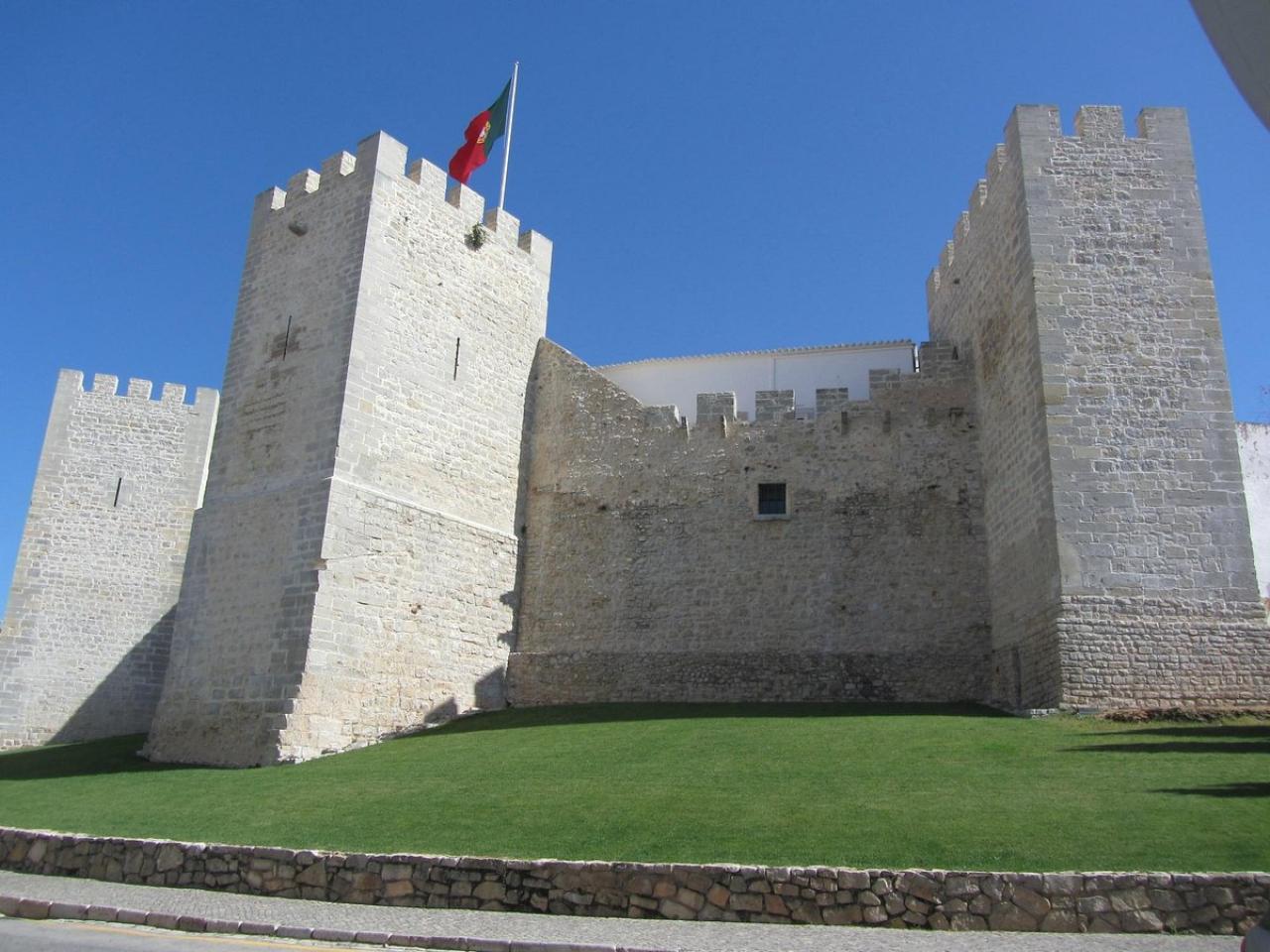I. What is/are the objective(s) of your Integrated Action Plan?
Our Integrated Action Plan aims to promote a holistic vision of health, based on the “One Health” approach, integrating human, environmental, and animal well-being. Our main objective is to build a healthier, more inclusive, and sustainable municipality, where urban policies actively contribute to improving quality of life and resilience to climate change.
Concretely, we seek to:
Promote active and healthy lifestyles and reducing sedentary behaviour, combating cardiovascular problems and childhood obesity, while fostering social cohesion, inclusion, and active ageing.
Ensure accessibility of sport and health opportunities for all shifting from large-scale facilities to local, community-based and safe open spaces, especially in deprived areas.
Strengthen the integration of policies and actors while connecting departments (sports, social, urban planning, environment) and engaging local stakeholders in participatory governance and co-creation.
Protect natural resources and biodiversity by integrating health strategies into broader sustainability objectives, such as reducing carbon emissions, improving air quality, optimizing water use, and preserving ecosystems.
Implement and monitor actions effectively, identifying governance structures, funding opportunities, and indicators to ensure long-term continuity beyond the URBACT network.
In summary, our IAP is both a roadmap and a catalyst to make Loulé a reference city for sustainable, integrated, and community-based health promotion.
II. How do you take into account the different dimensions of the One Health approach?
The One Health approach take into account the different dimensions by translating them into concrete actions that connect people, the environment, and animals.
On the human dimension, we invest in programmes that encourage physical activity and social inclusion, such as open-air gyms, cycling routes, and community sports initiatives in deprived areas. We promote healthy ageing through walking groups, intergenerational activities like “Verão Ativo” (“Active Summer”), and accessible local sports facilities.
On the environmental dimension, we integrate climate and health policies, to mitigate the effects of climate change, optimizing water resources (capture, retention and use) in a sustainable way for local fauna and flora. Protect and adapt native vegetation to be more resilient and prepared for climate change. We also implement policies to promote decarbonization, by creating green corridors, expanding bike-sharing systems, improving free urban public transport for all, and developing urban gardens.These actions reduce pollution, encourage sustainable mobility, rationalise water use, and promote healthier lifestyles.
On the animal dimension, we work to protect biodiversity through conservation of natural habitats, environmental education in schools, and initiatives that promote coexistence with native species. We also seek to raise awareness about animal welfare as part of the well-being of the whole community.
By combining these three dimensions in our Integrated Action Plan, we ensure that health policies are not developed in isolation but as part of a holistic and participatory approach, making Loulé a stronger and more resilient municipality.
III. Could you give an example of actions realized so far? What conclusion can you do?
So far, we have implemented concrete initiatives that reflect our commitment to the One Health approach. A clear example is the programme “Verão Ativo”, which promotes sport and physical activity in open and accessible public spaces during the summer months. Beyond encouraging healthier lifestyles and social interaction across all generations, this programme also included awareness-raising actions on climate change and health screenings for the population. In this way, we were able to link physical activity with prevention, education, and environmental responsibility, reinforcing the holistic vision of health.
We also conducted a questionnaire with the local population to better understand their priorities regarding human, animal, and environmental health. The results highlighted strong concerns with cardiovascular diseases, childhood obesity, and social isolation, but also with climate change, water scarcity, and biodiversity protection.
From these actions we conclude that our community is receptive to initiatives that combine well-being, sustainability, and participation. They also show us the importance of designing local policies based on evidence and citizens’ voices. This participatory approach strengthens our Integrated Action Plan, ensuring that the actions we implement respond to real needs while promoting a healthier, more sustainable, and more inclusive municipality.
BONUS QUESTION: What are your perspectives for the One Health approach or What are your perspective with the One health approach
Our perspective for the One Health approach is to fully embed it in the policies, planning, and daily practices of the municipality, ensuring that human, environmental, and animal health are interconnected and mutually reinforced. We aim to move from isolated actions toward a holistic, integrated, and participatory model that responds to the real needs of our community.
We see the One Health approach as an opportunity to strengthen prevention, education, and awareness across all levels of society. For example, initiatives like “Verão Ativo” combine physical activity, health screenings, and climate change awareness, demonstrating that health promotion can be multidimensional.
We also aim to enhance data-driven decision-making by systematically assessing the needs and priorities of residents, using tools like surveys and community engagement. This ensures that our policies are evidence-based and address issues such as sedentary lifestyles, social exclusion, biodiversity protection, and environmental sustainability.
In the medium to long term, we aim to build a municipality where local authorities, communities, and stakeholders collaborate to create safe, healthy, and inclusive environments, where human well-being, animal welfare, and environmental sustainability are addressed together. Our ambition is for Loulé to become a model city for integrated health and sustainability, demonstrating the tangible benefits of the One Health approach for all its residents.

